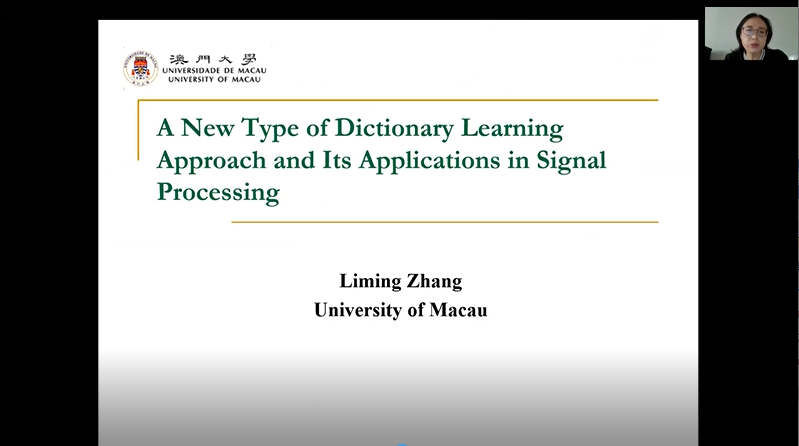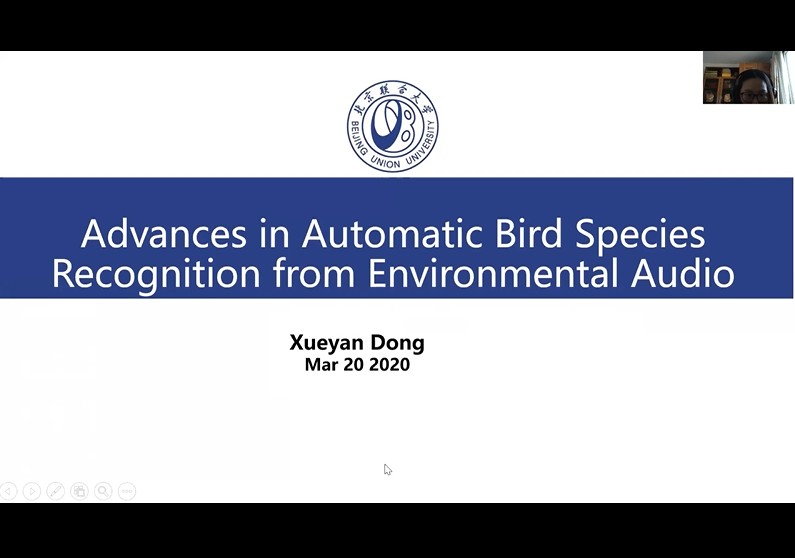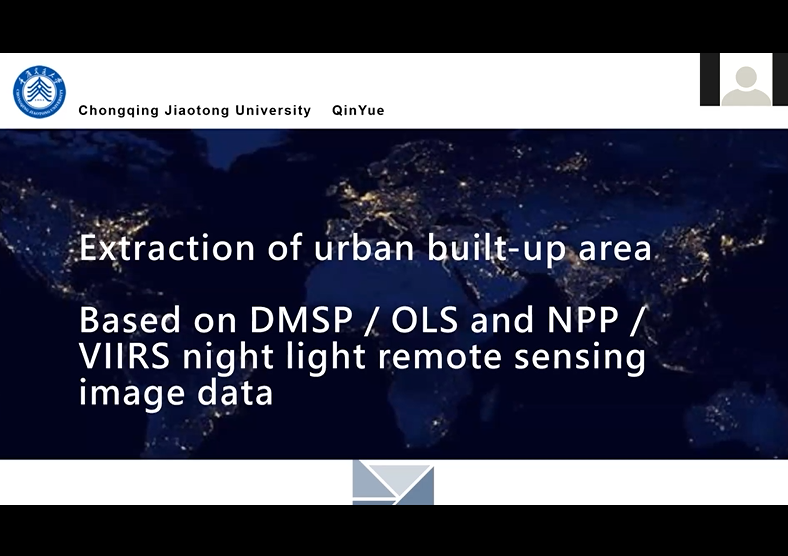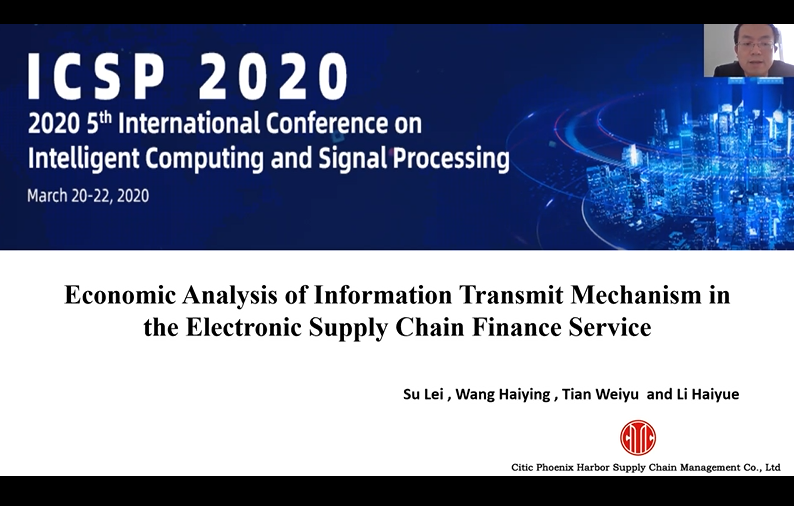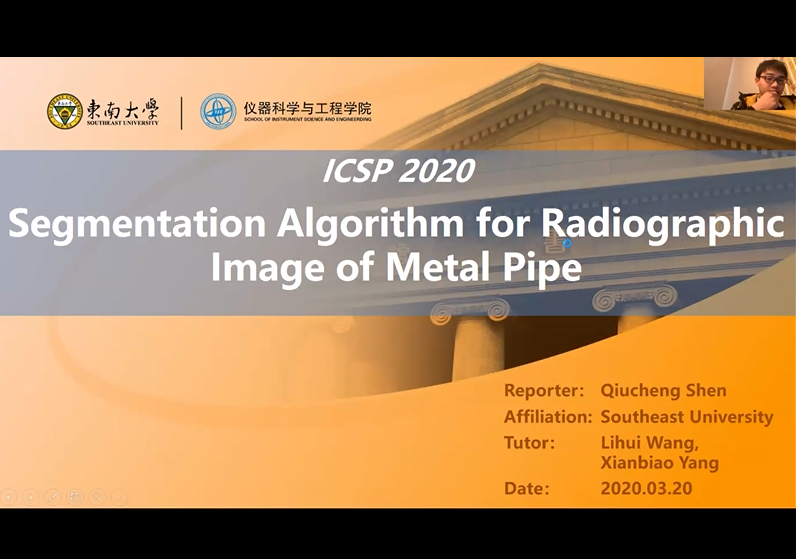| 2020 5th International Conference on Intelligent Computing and Signal Processing (ICSP 2020) |
2020 5th International Conference on Intelligent Computing and Signal Processing (ICSP 2020) has been held successfully from March 20, 2020 on online conference. There were about 100 delegates from each city that attended the conference, several experts in related fields were invited to give keynote speeches. The in-depth discussions among the attendees effectively advanced the academic exchange.
*ICSP 2020:EI Compendex Indexing | Scopus Indexing | Conference proceedings in JPCS
| Group Photo |
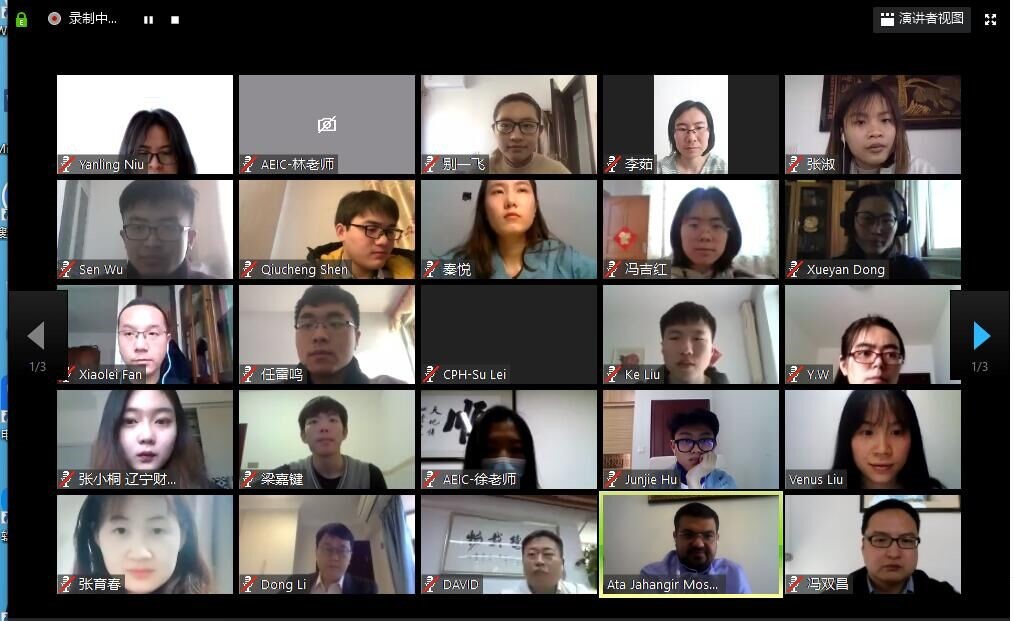
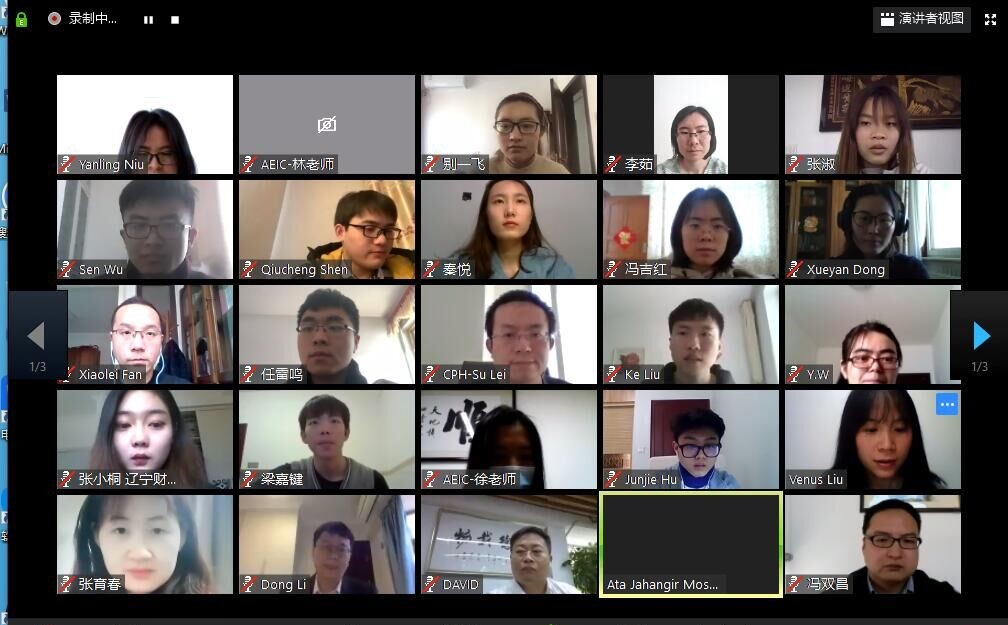
| Keynote Speakers |
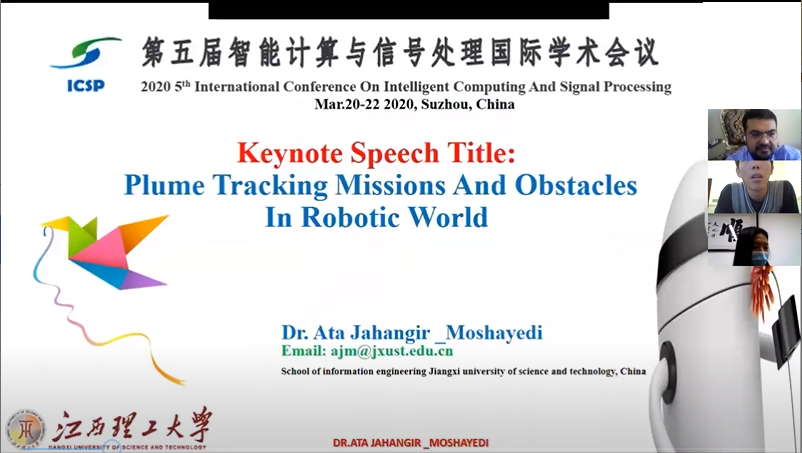 |
| Assoc. Prof. Ata Jahangir Moshayedi, Jiangxi University of Science and Technology, China |
| Title: Plume Tracking ROBOTS Missions and Obstacles in Robotic World |
Speech Abstract:
Since 1982, creature Olfaction system has attracted researchers to do the similar system. Although the olfaction system is still a mystery for humans but the initial step built successfully with the term of E_Nose. Extended application of E_Nose opens a new gate for researchers. This topic which is called odor localization, caused lots of affording for scientists to hire the robot and explorer the source by the movable source detector. The new challenge of current decade has started on 1990 companionship to equip robot with the help of sensors to do the exploring. The current survey is based on previously reported on Plume and odor tracking activities aimed to compare the reported researcher work and summarizes them with the stress on the practical work. Mainly discussed at the work which tried to implement and interface the real indoor or outdoor environments by the single robot. Initially a review to study various aspects related to this field and the challenges involved was carried out. This review presents a survey of the odor localization research activities and experiments carried out tried to give the researcher new aspects.
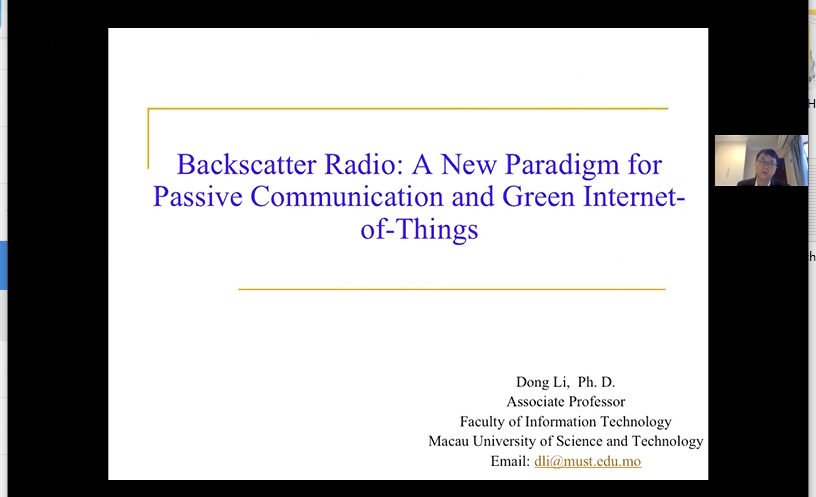 |
| Assoc. Prof. Dong Li, Macau University of Science and Technology, Macau, China |
| Title: Backscatter Radio: A New Paradigm for Passive Communication and Green Internet-of-Things |
Speech Abstract:
Ambient backscatter (AmBack) has emerged as a promising technology for various communication and Internet of Things (IoT) applications due to the recent advances in the hardware implementation. In contrast to traditional wireless systems, no carrier generation and power supply are needed for AmBack, and the dedicated reader and round-trip path loss can be avoided compared to the radio frequency identification (RFID) technology. In this talk, we begin with the fundamentals of AmBack, and then highlights several interesting topics in signal transmission schemes including frequency division multiple access (FDMA)-based interference free transmission, hybrid active and passive transmission, and opportunistic AmBack-assisted relay transmission.
|
| Assoc. Prof. Liming Zhang, Macau University, Macau, China |
| Title: A New Type Dictionary Learning Approach and Its Applications in Signal Processing |
Speech Abstract:
Dictionary learning is one of the learning approaches in the literature, which can be classified into two large categories. One uses pre-constructed dictionary, such as Discrete Fourier Transform, Wavelet. The other uses learned dictionary. The former can fully explain the represented data mathematically, but there are no adaptivity to the represented data. The latter can provide adpativity to the data, but in most cases it is difficult to explain the learning results. This study presents a new type of supervised dictionary learning approach based on adaptive Fourier decomposition (AFD). AFD is a newly developed signal processing approach with mathematical foundation. It provides a over-completed dictionary, in which the atoms are analytic functions with non-negative instantaneous frequencies. The new dictionary learning approach learns the new sub-dictionary within the AFD based dictionary. It has the following advantages. First, it can adaptively approximate any data using the atoms within the AFD based dictionary. Secondly, the data represented by the learned atoms can be fully explained mathematically. The principle of the new type dictionary learning will be introduced. The applications in ECG signal and hyperspectral image will also be presented.
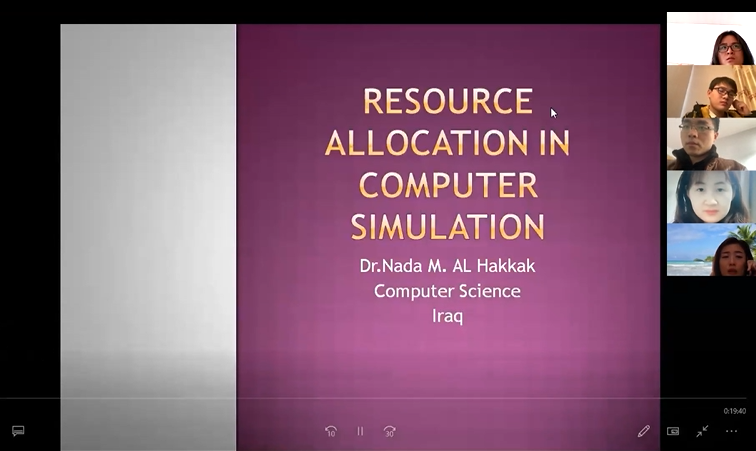 |
| Assoc. Prof. Nada M. Al Hakkak, University of Baghdad, Iraq |
| Title: Resource Allocation in Computer Simulation |
Speech Abstract:
Computer simulation creates virtual environment that simulate real world events and compare between multiple suggested solutions in order to decide the most suitable one in real life. Resource allocation is a key factor that affects simulation’s performance. I would like to talk about resource allocation and de allocation with scheduling algorithms in computer simulations.
Oral Speakers |
Xueyan Dong, Beijing Union University, China Title: Advances in Automatic Bird Species Recognition from Environmental Audio |
Yue Qin, Chongqing Jiaotong University, China Title: Extraction of urban built-up area based on DMSP / OLS and NPP / VIIRS night light remote sensing image data |
Lei Su, Citic Phoenix Harbor Supply Chain Management Co., Ltd., China Title: Economic Analysis of Information Transmit Mechanism in the Electronic Supply Chain Finance Service |
Qiucheng Shen, Southeast University, China Title: Segmentation Algorithm for Radiographic Image of Metal Pipe |

